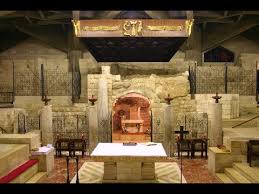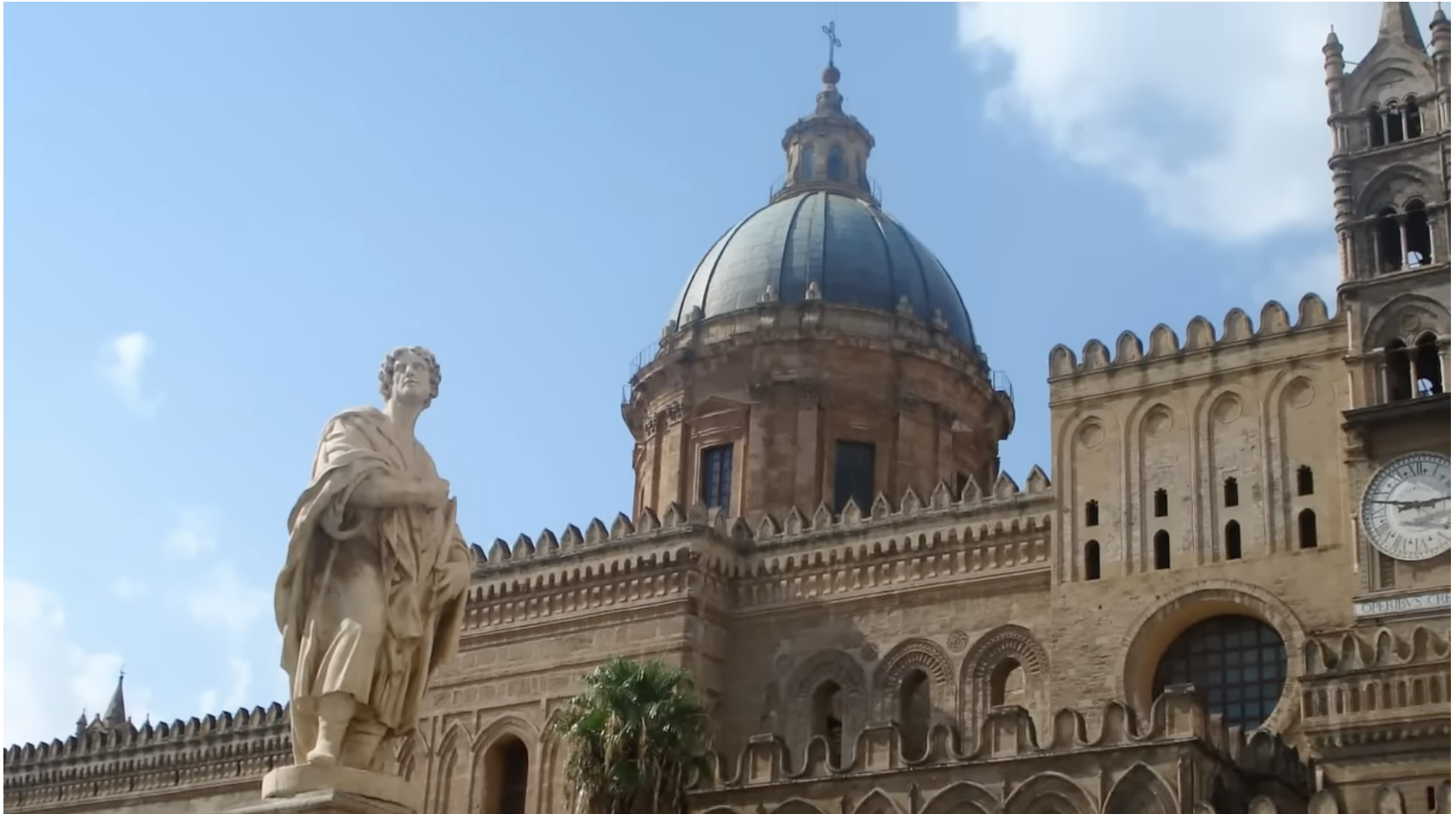Man’s desire to share in the life and destiny of another certainly exists, but even the profoundest union stops short at one barrier: the fact that I am I and he is he. Love knows that complete union, complete exchange is impossible—cannot even be seriously hoped for. The human ‘we’ capable of breaking the bonds of the ego simply does not exist. For the dignity and glory of man is precisely this: that with certain reservations he can say, “I am I and no other.” My every act begins in me, who am alone responsible for it. True, this fact also limits: I must always be myself; must always put up with me. This necessity of being myself is what insulates me mercilessly from others. What is I, is not you; what mine, not yours. The very fact that each of us is a specific being, with its own center, own fate, differentiates and separates it from every other.
In the love of Christ it is different. The consciousness of Christ, and thus that of the whole New Testament, is founded on the reality of the one, loving God; but at the same time on the knowledge that this uniqueness exists in a form that outstrips our understanding. It is as though divine oneness had several faces. On the one hand, God is called the “Father.” Not only because he loves us, his creatures, paternally (love which would not necessarily penetrate to the innermost depths of his being), but because he fathered a Son equal to himself. Not only creative, but self-creative, he pours out his essence in a Second Person Intimate: Thou; thus forming the illimitable plenitude of his Being into a substantial Word who goes forth from him and returns to him.
Then again God is called “Son.” Not because he made himself the Child of Man, taking form from man’s life and heart (this would not necessarily penetrate to the core of divine Being), but Son because he is the living image of his Sire, “begotten, not made.” In the Son, the mystery of the divine Father is made manifest: Face that confronts God’s own as in a mirror. He is the Spoken Word of an omnipotent Speaker, Word that returns to the creative Mouth in the bliss of infinite fulfillment. Two countenances then in one God. Two Persons, distinct in all reality and truth, separated by their sacred, inexorable dignity, yet one God.
Between them exists something unknown to man that makes possible their existence as two separate Beings yet with one life, one essence unhampered by the limitations of self which protect and isolate all other life. Between Creator and Creator everything is open; the closed doors of individuality are non-existent. The given condition, likewise unknown to man, that makes this possible is of course perfection of person. Nothing created is completely self-possessed, and this lack is evinced by the creature’s incapacity for perfect union with another creature, which only complete self-surrender could bring about. With God it is different. The sacred Two-in-God of whom we are speaking are entirely open to each other—so much so that they share a single life. The one lives so completely in the other, that there is not a pulsebeat, not a breath, not a spark that is not mutual. This must be the reason why each is so perfectly self-contained.
All this means that God is “Spirit”—not Understanding, Logic, Will, but Holy Spirit, Pneuma. It is in him, the Third Person of the Trinity, that Father and Son are powerfully individual, yet one. In the Spirit the Father engenders the clear image of himself in which he is “well pleased.” In the Spirit, Jesus receives divine truth and reflects it back to the Father. In the Spirit, the Father pours out his essence, the Word, confident that in Jesus it will be invulnerable. In the Spirit, the Son receives the essence of his being from the Father, in his Word and yet Lord of himself. This mutual exchange and autonomy in the Spirit is itself a Countenance. The Third Person who makes it possible for the One to find and possess himself completely in the Other is the Holy Spirit, who flashes through Scripture in the strange symbols of the descending Dove, Wind that blows where it will, mighty Tempest from the skies, and Tongues of flame (John 1:32; 3:8; Acts 2:2–3).
But all is a great mystery, and the symbols only make us feel it the more. It cannot be ‘explained.’ All we can do is to grope, reverently, in the darkness of Christ’s words and existence.














